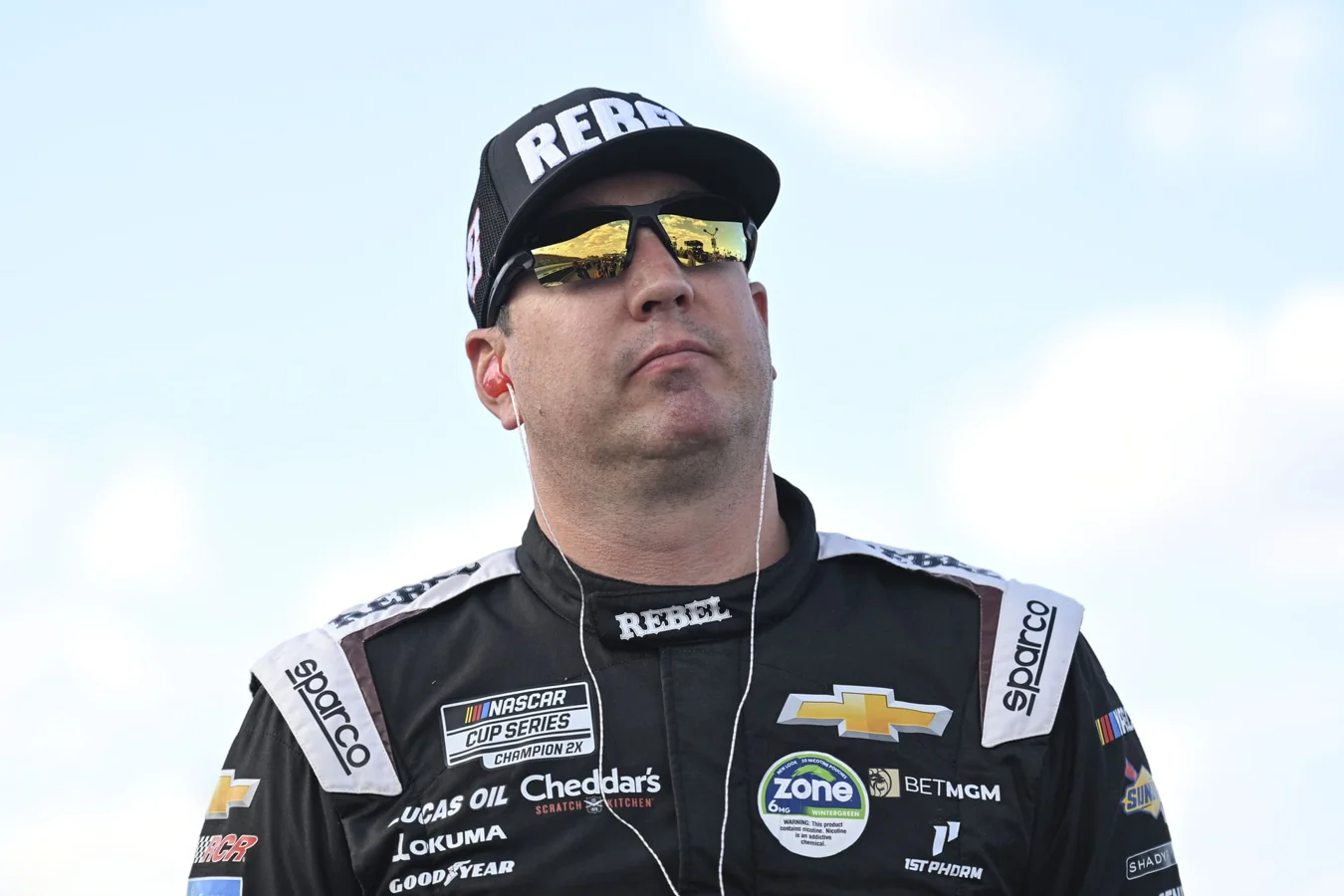Kyle Busch, a driver celebrated for past dominance at New Hampshire Motor Speedway, is now encountering notable difficulties with the Next Gen car at the familiar one-mile track. This shift, marked by declining results and mounting frustration, highlights the wider challenge of adapting to new technical demands within the NASCAR Cup Series, particularly as the conversation around Kyle Busch Next Gen struggles intensifies.
From Leading the Pack to Chasing Performance
For years, New Hampshire Motor Speedway was a circuit where Kyle Busch thrived. As a two-time NASCAR Cup Series champion, Busch amassed three wins at this venue and led over 1,100 laps, ranking him fourth all-time at the track. This put him in the company of legendary drivers like Jeff Gordon, Tony Stewart, and Martin Truex Jr., emphasizing just how commanding his performances once were.
With the arrival of the Next Gen car in 2022, Busch’s previous advantage at New Hampshire evaporated. The new vehicle’s changes in aerodynamics, braking, and tire wear translated into an average finish of 27.7 for Busch in three recent starts—the starkest decline for him at any current track since the new car’s debut. His latest run ended with a crash in the second stage, resulting in a DNF after contact with the wall in turn 2. The reversal of momentum is sharp, as Busch has shifted from controlling the race at the front to grappling for spots within the top 20.
The technical evolution of the car has redefined the competitive balance at tracks like New Hampshire. The changes not only challenge the comfort zones of even seasoned veterans, but also test their ability to adapt to different balance and handling demands week to week.
Kevin Harvick Weighs In on Busch’s Recent NASCAR Struggles
Kyle Busch’s reputation as one of NASCAR’s most resourceful and relentless competitors has been hard-earned. However, his performance dip since the Gen-7 car’s introduction has become a topic of discussion within the paddock and among fans. Recently, veteran driver Kevin Harvick offered his candid perspective on the forces at play, suggesting that the latest NASCAR specification has neutralized many of Busch’s traditional strengths.
“I think this car has totally disrupted everything that has made Kyle Busch good. Everything that made Kyle Busch good up until this Gen-7 car was the fact that he could drive it over the limit, save the car, and he could tell you every single thing that you needed to put in the car to make it go fast. He knew the springs, he knew the shocks, he knew everything that was going on, not gonna happen in Gen-7 racing,”
Kevin Harvick said via his Happy Hour Podcast (32:30 onwards)
According to Harvick, Busch’s deep technical acumen, once a clear asset, has become less influential under the current rules package. The Gen-7 car’s reduced adjustability and uniform components limit the areas where an experienced driver can make a unique impact, making it even more difficult for Busch to leverage the skills that defined his earlier years of success.
Persistent Challenges and Ongoing Adaptation
Despite the tougher road, Busch has not backed down from trying to improve. As noted by those close to the paddock, he remains engaged in a persistent effort to adapt his driving style and seek solutions from Richard Childress Racing in a bid to recapture his edge.
Yet, the numbers reveal how steep the battle has become. Busch failed to secure a spot in the NASCAR playoffs for the second consecutive season. With only two top-five finishes so far and a 21st-place standing in the Cup Series rankings, the obstacles have become increasingly daunting for the former champion. His ongoing struggle at New Hampshire also reflects the broader shift among veteran drivers as NASCAR’s latest generation of cars continues to reshape the racing landscape.
What Comes Next for Busch and the Next Gen Challenge?
Kyle Busch’s recent results at New Hampshire Motor Speedway serve as a microcosm of the hurdles facing established racers who once counted on their technical mastery to gain an advantage. The introduction of the Next Gen car, though designed to level the playing field and ensure closer racing, has increased the complexity for drivers like Busch, who must now discover new strategies to maximize performance under these constraints.
For Busch, the remainder of the season is likely to be a continued test of adaptability, patience, and determination—traits he has demonstrated many times before. Whether he and Richard Childress Racing can break through the technical barriers of the Gen-7 era will remain one of NASCAR’s most compelling storylines, especially as fans and analysts debate if his Next Gen struggles represent a temporary lull or a more lasting shift in the veteran driver’s trajectory.

